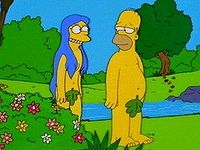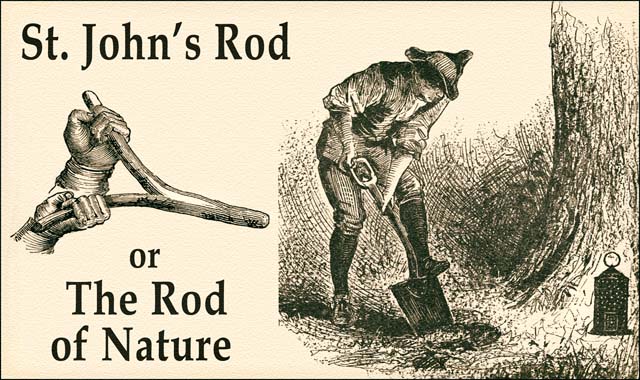I am highly confused about the editing of the Book of Commandments into the D&C. Surely you’re aware that the D&C and its revelations is not in its original form. Some changes are typography or orthography, but others are meaningful, contextual, revelation-altering changes.
There is an issue about the current status of D&C 8:6 and Oliver Cowdery’s divining rod.
Compare the two official LDS links below. One that claims Oliver’s rod was a gift of God whereas the other claims his “Gift of Aaron” was of God.
Book of Commandments:
http://josephsmithpapers.org/paperSummary/book-of-commandments-1833#!/paperSummary/book-of-commandments-1833&p=23
Doctrine & Covenants:
https://www.lds.org/scriptures/dc-testament/dc/8?lang=eng
Those sympathetic to Mormonism say the gift of Aaron is a companionship gift like Aaron, brother of Moses displayed in Exodus.
D&C 8 approves a rod only for sacred information. It also suggests the rod that displayed God’s power in the Egyptian plagues, in striking the rock for life-giving water or in calling down strength on Israel’s warriors. That rod was a straight shaft, the shepherd’s staff possessed by Moses at his call (Ex. 4:2-4). Used by both Moses and Aaron, it was foremost the “rod of God,” also Moses’ rod, but formally called the “rod of Aaron.” It functioned as a visible sign of authority, just as Judah’s “scepter” was a sign of divine kingship in Jacob’s blessing or Elijah’s staff held by the servant who went in his name. Thus the rod of Aaron was a staff of delegated agency, and the 1835 revision to “The gift of Aaron” suggests Oliver’s spiritual power to assist Joseph Smith as Aaron assisted Moses. [REF]
Those unsympathetic to Mormonism say Cowdery’s interest and practice in “folk magic” attracted him to Joseph Smith’s interest and practice of “folk magic”. (Fold Magic is a charged term, and should be generally described and physical manifestations through physical objects; however, that term is very long.)
I suppose if one believes all the craziness in the Bible, a modern-day divining rod isn’t that far-fetched.
Some people have balked at this claim of physical instruments used in the divine translation process, but such aids to facilitate the communication of God’s power and inspiration are consistent with accounts in scripture. In addition to the Urim and Thummim, the Bible mentions other physical instruments used to access God’s power: the rod of Aaron, a brass serpent, holy anointing oils, the Ark of the Covenant, and even dirt from the ground mixed with saliva to heal the eyes of a blind man. [REF]
However, if one is skeptical of the seemingly unnatural occurrences in the Bible, then it makes no sense to believe in Cowdery’s rod or Smith’s peepstone.
How does one reconcile a belief in an all-powerful God with the distrust of what appears to be folk tales in scriptures? That’s the question I need answered.
Additional links:
https://www.lds.org/topics/book-of-mormon-translation?lang=eng
http://history.lds.org/article/doctrine-and-covenants-oliver-cowdery?lang=eng
https://www.lds.org/ensign/1987/10/recent-events-involving-church-history-and-forged-documents?lang=eng
http://mormonthink.com/rodofaaron.htm
http://olivercowdery.com/smithhome/smithrod.htm
http://en.fairmormon.org/Doctrine_and_Covenants/Oliver_Cowdery_and_the_%22rod_of_nature%22

